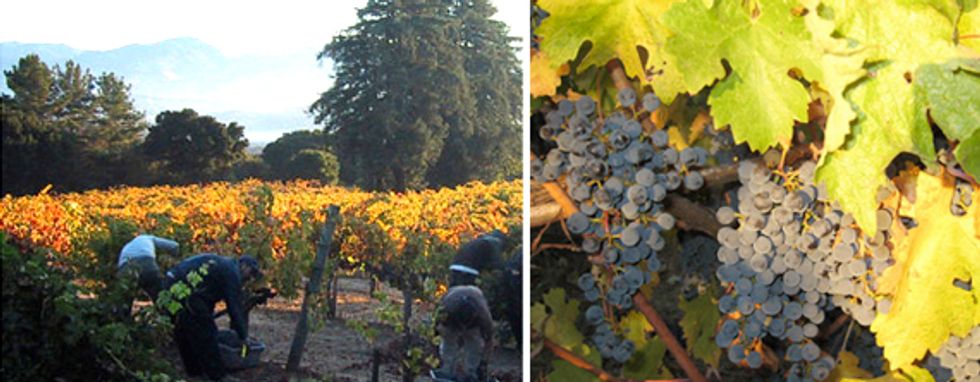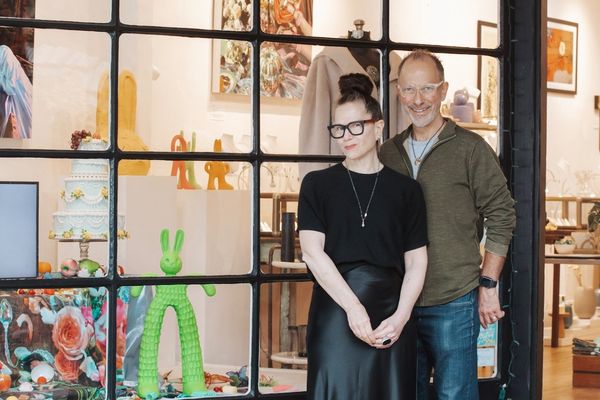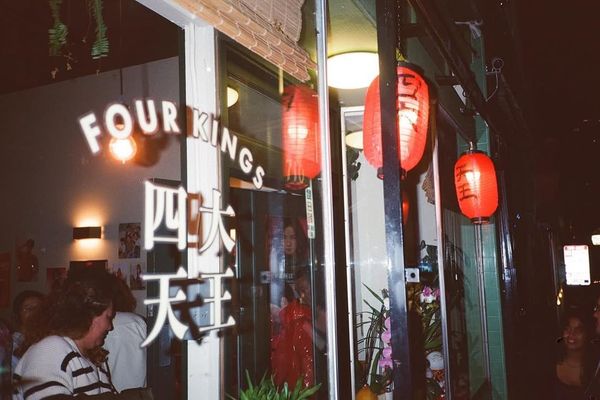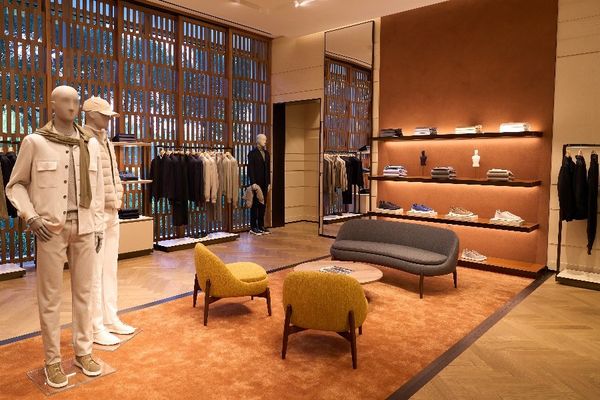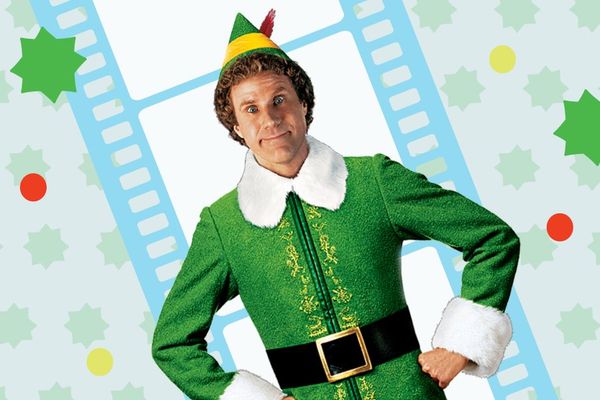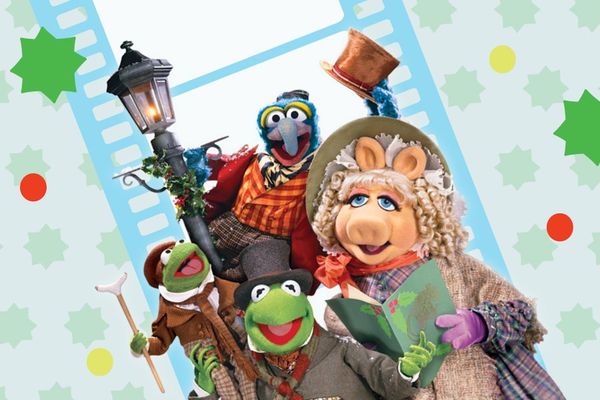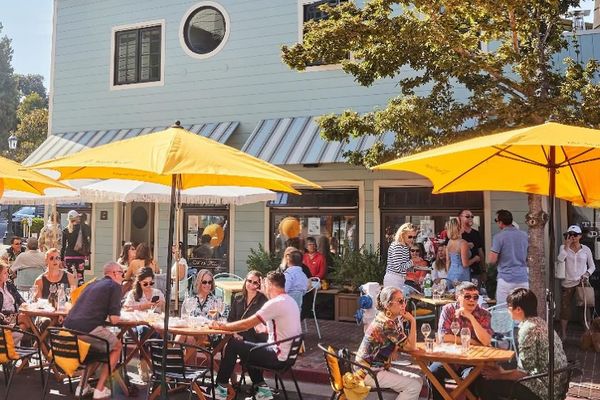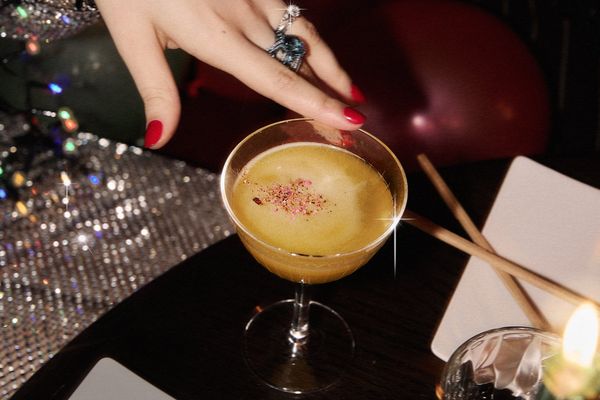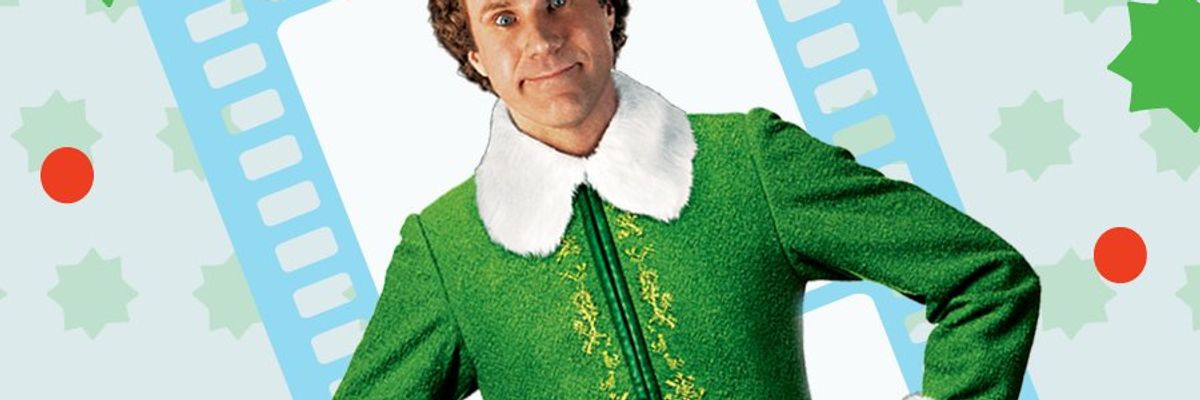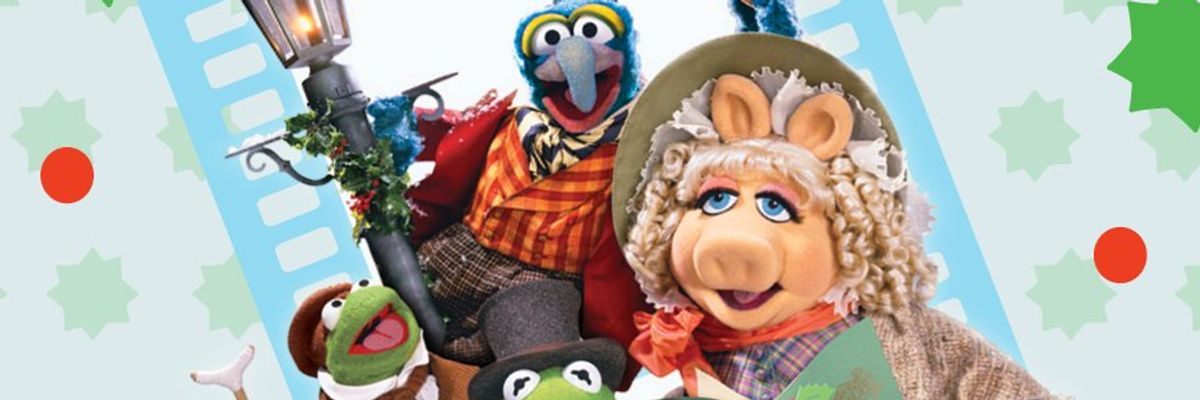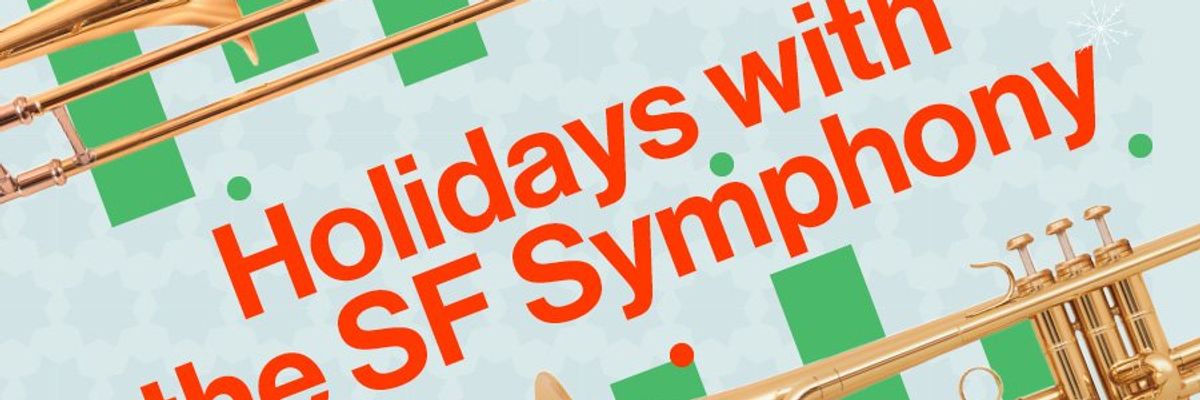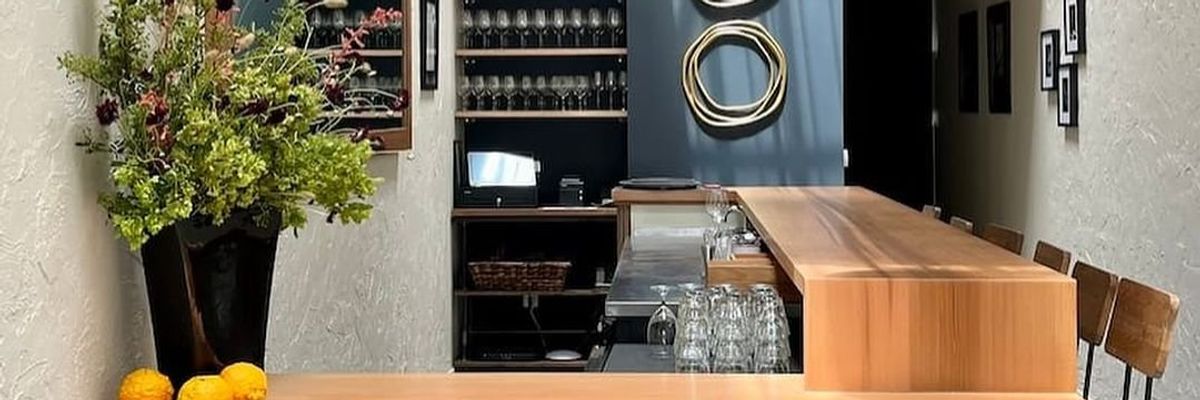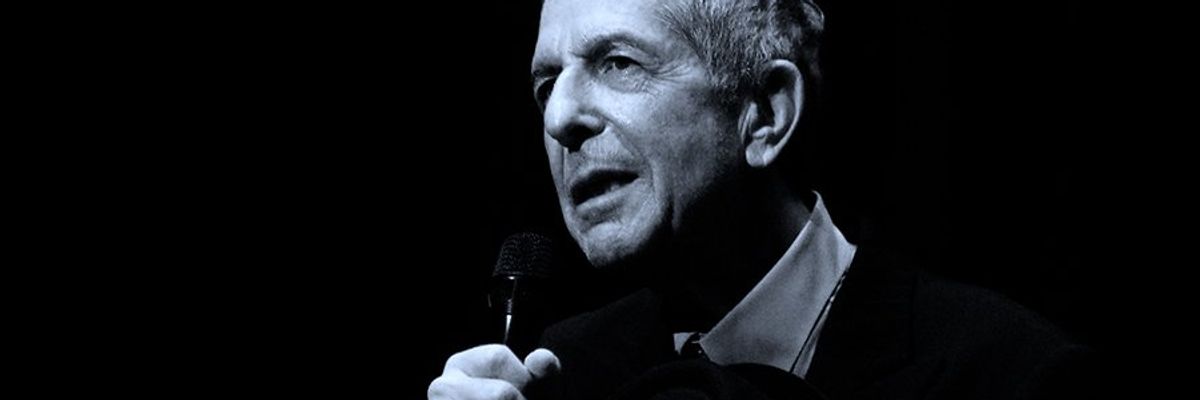Paul Einbund is the wine director of the Slanted Door restaurant group including Out the Door Bush Street and Westfield Centre as well as Heaven's Dog. He also runs the beverage program at Frances, and has worked at Coi and more. Look for him here every Tuesday. Follow him on Twitter @pauleinbund.
I recently had a conversation with the owners of Laurel Glen—a Sonoma Mountain winery started by Patrick and Faith Campbell in 1977—about the current style of fruit-driven wines in California.It's like an American movie as opposed to a French film.In America, we get everything spelled out for us—how we should feel about each character, and a tidy ending.In French films, there tends to be more left to the viewers imagination, more to discover. Laurel Glen's winemaker Patrick Campbell said it this way, “A lot of wines are the equivalent to a crash scene in a movie.'Wow!Cool, but a little boring after a while.' There’s something to be said for subtlety and a sense of mystery.”
Campbell also told me, "If a wine isn’t in balance from the beginning, then it will never be in balance.” He doesn’t think that you can age a wine to iron out its problems. A few years ago I had a 1991 Laurel Glen Cabernet. I can still describe the experience to this day: Flavors of cassis and pencil lead reminded me that I was drinking a Cabernet, but the rest of the experience was a softer and more ethereal one (see: French film metaphor).
With production of the Laurel Glen's Cab ranging from 400 to 1200 cases annually, there isn’t much wine to go around, but I do recommend searching it out.The Estate Cabernet sells for around $50 a bottle retail. There is also a second wine called Counterpoint that doesn’t age quite as well but is a very delicious drink in its own right and retails at $30 a bottle.



